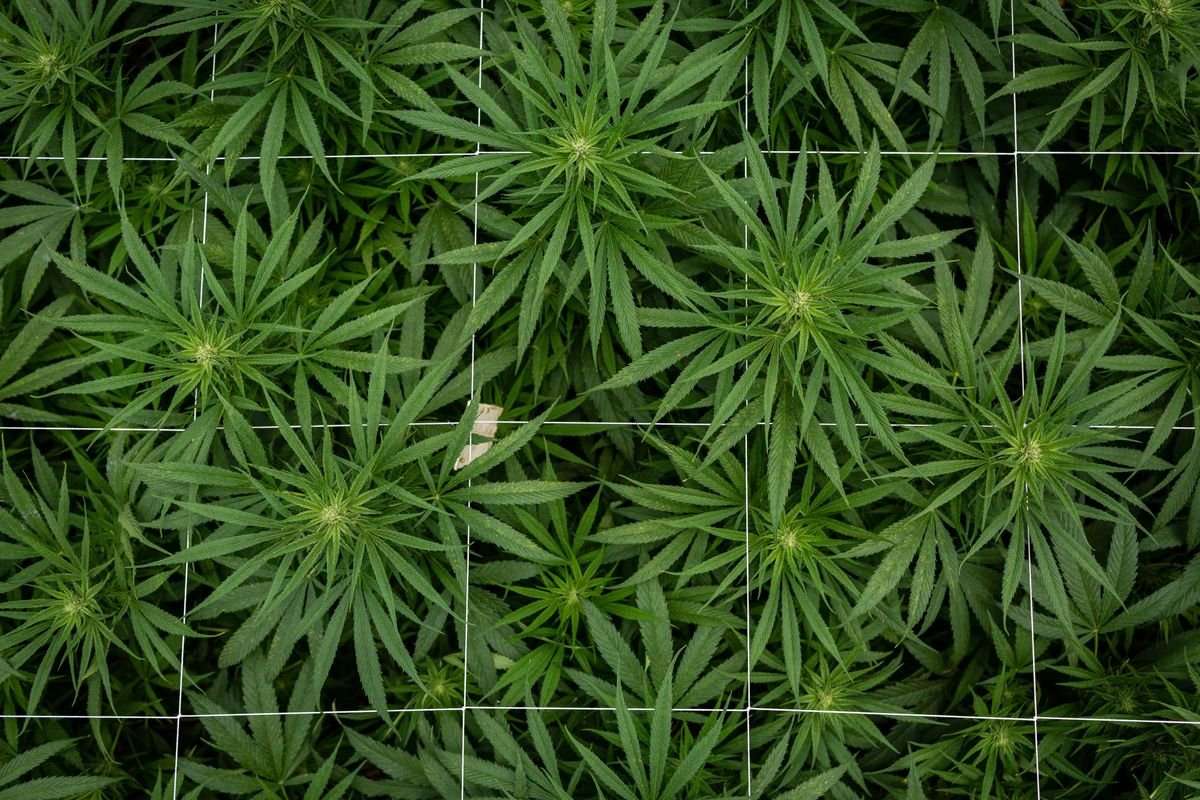LISTEN TO ARTICLE 2:43 SHARE THIS ARTICLE Facebook Twitter LinkedIn Email
New York should legalize recreational marijuana to temper the harm of opioid addiction, end racial disparity in enforcement and boost tax revenue, state health officials said.
“The positive effects of regulating an adult (21 and over) marijuana market in New York state outweigh the potential negative impacts,” the Health Department said in a report released Friday.
The study, begun in January at Governor Andrew Cuomo’s request, said that pot’s potential as a painkilling medicine may reduce addiction to narcotics.
“Studies have found notable associations of reductions in opioid prescribing and opioid deaths with the availability of marijuana products,” the report found. “States with medical marijuana programs have been found to have lower rates of opioid overdose deaths than other states.”
As recently as February, Cuomo opposed legalization of recreational marijuana, describing it as a “gateway drug” to other, more addictive substances.
The governor’s more tolerant view comes amid a Democratic primary challenge from actress Cynthia Nixon, who has been touting her progressive ideals. In recent months, Cuomo also has escalated his attacks on President Donald Trump’s policies, and taken to describing New York under his leadership as “the most progressive state in the country.”
Marijuana legalization in New York would be consistent with public support, enable more medical research into its pharmaceutical benefits, create tax revenue and promote social justice by ending racial disparity in the enforcement of laws against drug possession and sales, the report said.
The study estimated the market to be as many as 1.3 million New Yorkers, who could consume as much as 10 million ounces at a price of about $270 per ounce. That gives it the potential for at least $1.7 billion in sales, with state and local revenue ranging from $248 million to $678 million, depending on the tax rate. State revenue alone would range from $173.3 million to $542.3 million, according to the report.
“This new funding source can be used for the greater good, such as public health, education, transportation, addressing the needs of a changing workforce, and addressing the changing budgetary needs of law enforcement,” the report said.
A May 3 Quinnipiac University poll reported support for legalized marijuana is at an all-time high in the state, with 63 percent of voters backing regulated adult use.
“Now that the report has been released and its conclusions presented, we are hopeful that the governor and the legislature can shift from the ‘if’ to examining the ‘how’ to legalize marijuana,” said Chris Alexander, policy coordinator of the Drug Policy Alliance, a legalization advocacy group.

Tp2289 on July 14th, 2018 at 17:29 UTC »
Legalize marijuana then use the tax to fix our fuckin roads.
Source: I live on long island
Jaspooty on July 14th, 2018 at 15:22 UTC »
As someone with a rare condition who has been on Percocets almost daily for over 3 years to make walking and sitting possible (with marijuana added myself), I can say it works tremendously against addiction as well.
When I have a good string of days, I can go up to a week without opioids and without ANY form of withdrawal whatsoever.
All I knew was it helped make me feel normal on the heavy pain meds, I had no idea how beneficial it would be for me.
It needs to be legalized as treatment everywhere NOW
redkarter on July 14th, 2018 at 14:24 UTC »
The Dutch effectively did this in Netherlands to protect cannabis users.
"The logic behind the coffee shops is simply not well understood: they were introduced to protect cannabis users from exposure to harder drugs. The theory was that indiscriminate prohibition created a subculture in which users of drugs with vastly different risks are lumped together. Moreover, it was thought that saddling young people with criminal records might push them toward harder drugs."
https://www.opensocietyfoundations.org/voices/safe-and-effective-drug-policy-look-dutch